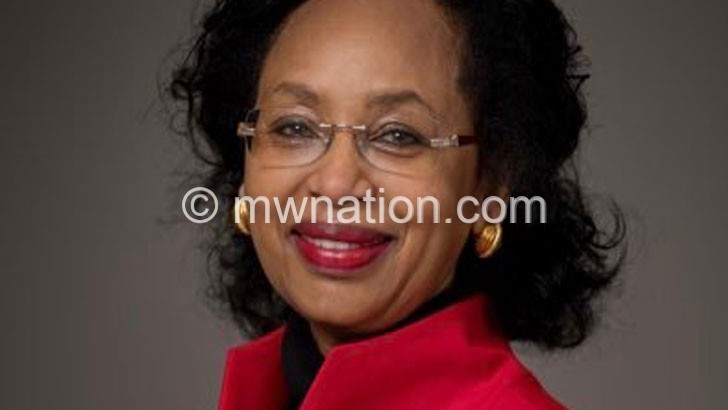World Bank grants Malawi K92 billion
The World Bank has provided $125 million (about K92 billion) grant to Malawi for Social Support Resilient Livelihood Project (SSRLP).
The project seeks to improve resilience among poor and vulnerable populations and strengthen the country’s national platform for safety nets.
A letter from the World Bank we have seen addressed to Minister of Finance, Economic Planning and Development Joseph Mwanamvekha, copied to Secretary for Treasury Cliff Chiunda, confirms the development.
World Bank executive director for Africa Anne Kabagambe, who signed the letter, said the bank’s board approved the grant on Tuesday.

Reads the letter in part: “I am pleased to inform you that the board of executive directors of the International Development Association [IDA] on December 10 2019, approved on an absence-of-objection basis a grant to the Republic of Malawi in the amount of SDR 91.7 million equivalent to $125 million for the Social Support for Resilient Livelihoods Project.
“This project will benefit from a co-financing by the Global Risk Financing Facility (GRiF), with a grant of $17 million. The proposed five-year SSRLP directly links to the Malawi National Social Support Programme II.”
According to Kabagambe, the first component of the project focuses on increasing the effectiveness of core safety net programmes, building on the Social Cash Transfer Programme (SCTP) as the main modality of the response.
According to the bank, the project will support the scaling up of the SCTP in response to drought and floods, for which GRiF financing has been secured.
Additionally, the World Bank envisages that the second component will focus on strengthening core delivery systems related to social registry, information management, and e-payments while the third component will focus on strengthening capacity and learning under the project.
The bank also said a zero allocation Contingent Emergency Response Component (Cerc) has been included.
Mwanamvekha was not available for comment yesterday as he did not pick calls despite several attempts.
However, few days ago he described the recent support from development partners as a show of confidence to the government systems in line with the International Monetary Fund (IMF) support programme.
Mwanamvekha said stabilisation budgetary support from the IMF injected a positive signal from cooperating partners, including African Development Bank (AfDB).
He said: “Through the IMF approval, we have shown to the world that we are managing our resources prudently. We are making sure that there is value for money to benefit citizens; hence, we expect the budget support will be provided.”
The news about the World Bank grant comes days after the AfDB confirmed the possibility of providing budgetary support to Malawi in this financial year.
AfDB acting director general for Southern African Region Development and Business Delivery Service, Josephine Ngure, confirmed recently in Lilongwe on the sidelines of loan and grant signing agreement with the Malawi Government that the pan-African bank and Treasury have been discussing the issue.
She said AfDB has been waiting for a positive signal from IMF and that a high-level team will be visiting the country soon to discuss the issue further along with other development support possibilities.
Ngure said: “The fact that we have positive reports coming out of the discussions with the IMF is encouraging for us.
“We have beyond the IMF programme other criteria we look at internally when we are processing budgetary support operation. Those are the things we will be reviewing when our high-level mission arrives in the country,” she said.
University of Malawi’s The Polytechnic economics lecturer BetchaniTcherereni said the support means donor confidence is being restored, but challenged government to do more.
“In Malawi, we have been having problems to raise enough resources for the developmental budget.
“So, when money like this is coming, it is going to ease the pressure on the budget deficits. From an economic point of view, when the budget deficit is going down, macroeconomic fundamentals tend to improve in the country,” he said.
In 2013, donors stopped direct budget support to Malawi after the exposure of looting of taxpayers’ money dubbed Cashgate in which civil servants and businesspersons connived to loot about K24 billion through Integrated Financial Management Information System.





